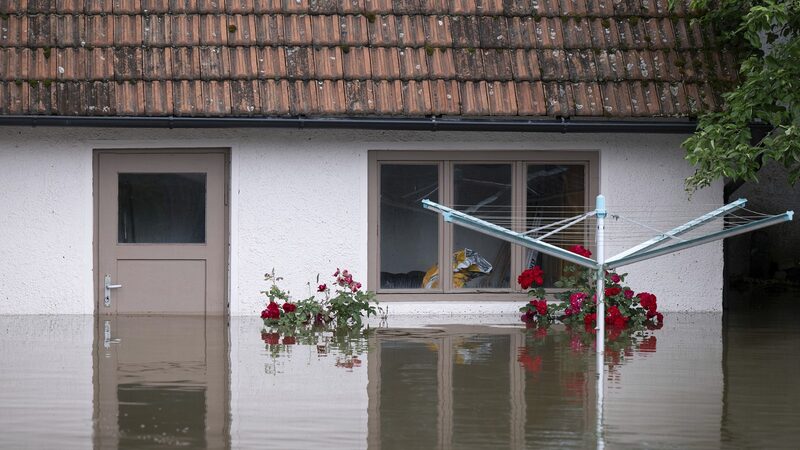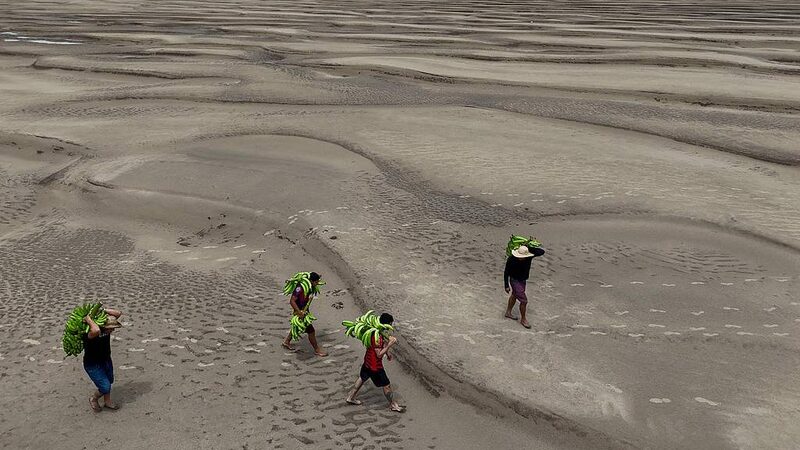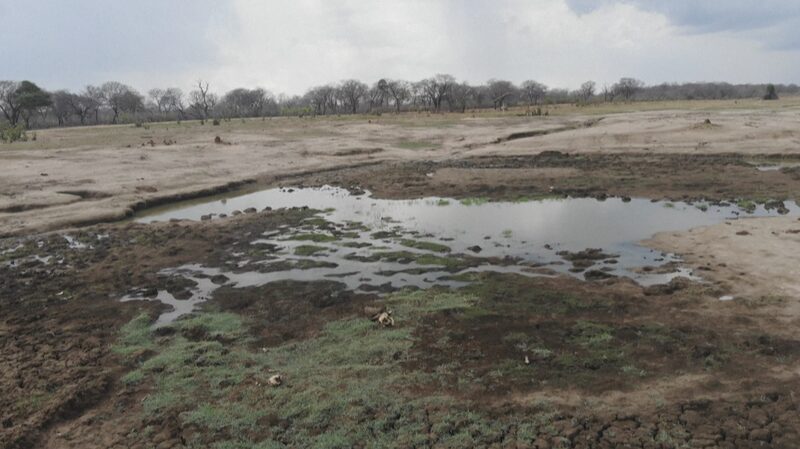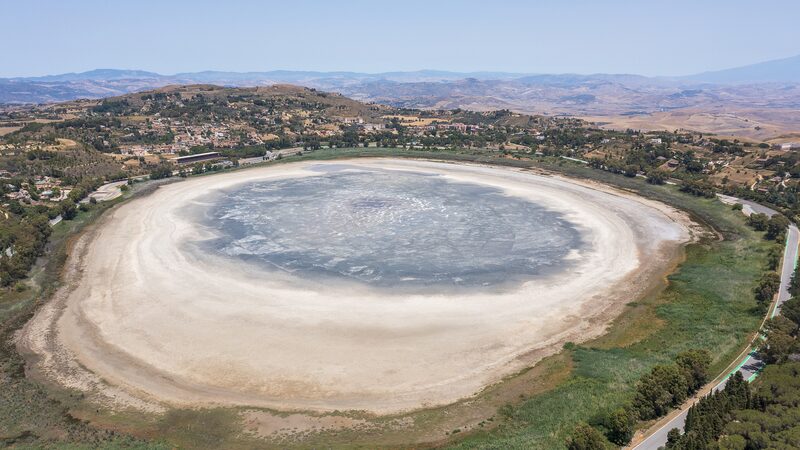The European Environment Agency (EEA) has issued a stark warning about the potential ‘catastrophic’ consequences of climate change in Europe if urgent and decisive action is not taken. The report highlights that areas in southern Europe are most vulnerable, facing threats such as wildfires, water shortages, and significant impacts on agricultural production. Low-lying coastal regions are also at risk due to flooding, erosion, and saltwater intrusion.
While the report focuses on Europe, the implications resonate globally, especially for Asia. Similar climate risks are prevalent across the Asian continent, where densely populated coastal cities and agricultural regions face mounting threats from extreme weather events and rising sea levels. The EEA’s findings underscore the universal nature of climate change challenges, emphasizing the need for international collaboration in mitigation and adaptation efforts.
“Extreme heat, drought, wildfires, and flooding, as experienced in recent years, will worsen even under optimistic global warming scenarios and affect living conditions throughout the continent,” the EEA warned. This statement holds true for Asia as well, where rapid urbanization and economic growth heighten the vulnerability of communities and ecosystems.
The report identifies 36 climate-related risks in Europe, with 21 requiring immediate action and eight deemed “particularly urgent.” At the top of the list are risks to ecosystems, particularly coastal and marine environments. Asian countries, many of which have extensive coastlines and rely heavily on marine resources, may find valuable insights in the EEA’s analysis for bolstering their own climate resilience strategies.
For business professionals and investors in Asia, the EEA’s report serves as a critical reminder of the economic implications of climate change. Disruptions to agriculture, supply chains, and infrastructure can have far-reaching effects on markets and investment landscapes. Academics, researchers, and policymakers across Asia are encouraged to consider the parallels in the report to inform local and regional climate action plans.
The Asian diaspora and cultural enthusiasts may also find the escalating climate risks concerning, as they threaten cultural heritage sites, traditional ways of life, and tourism destinations. The urgency conveyed in the EEA’s report underscores the shared responsibility and collective action needed to address climate change globally.
Reference(s):
cgtn.com






